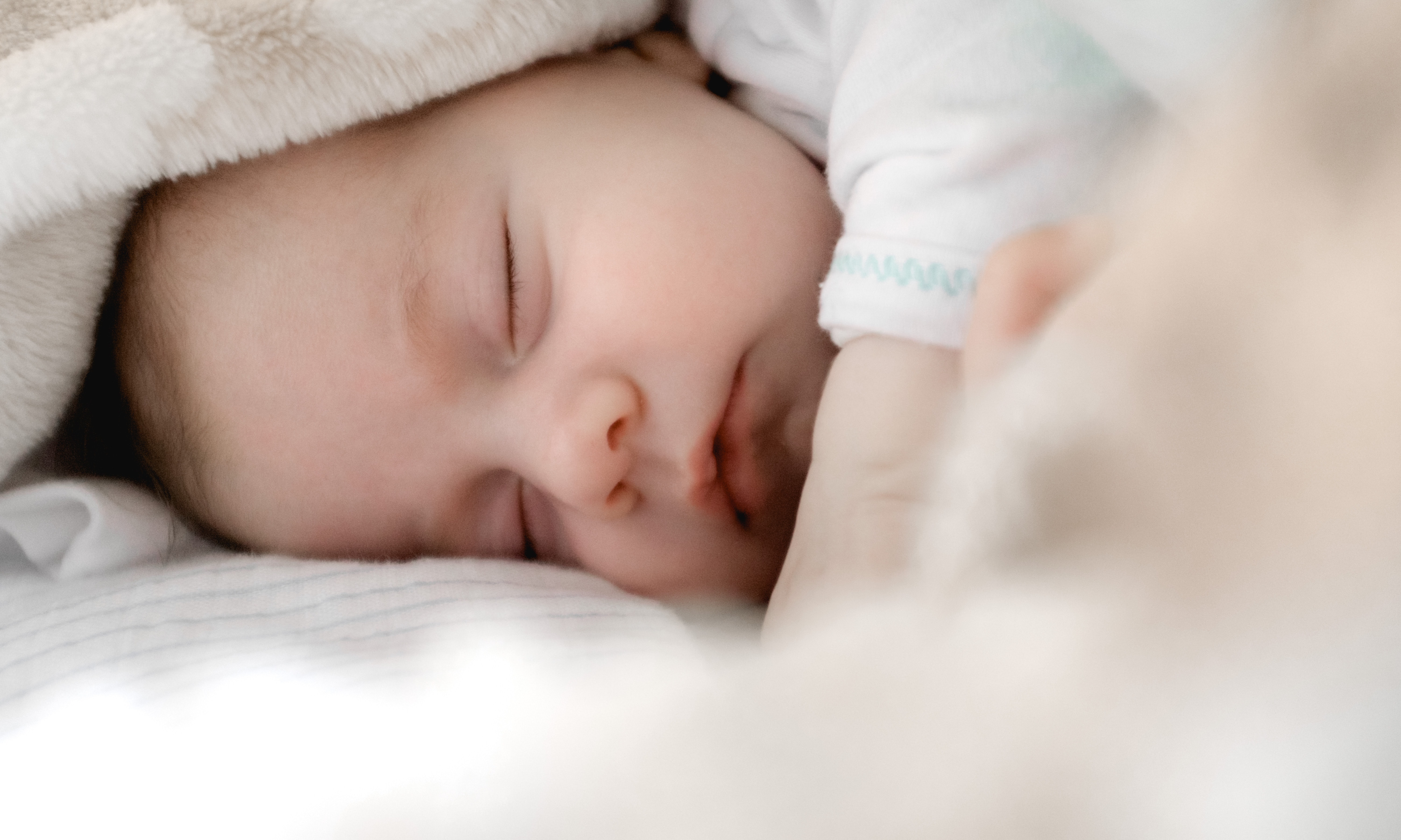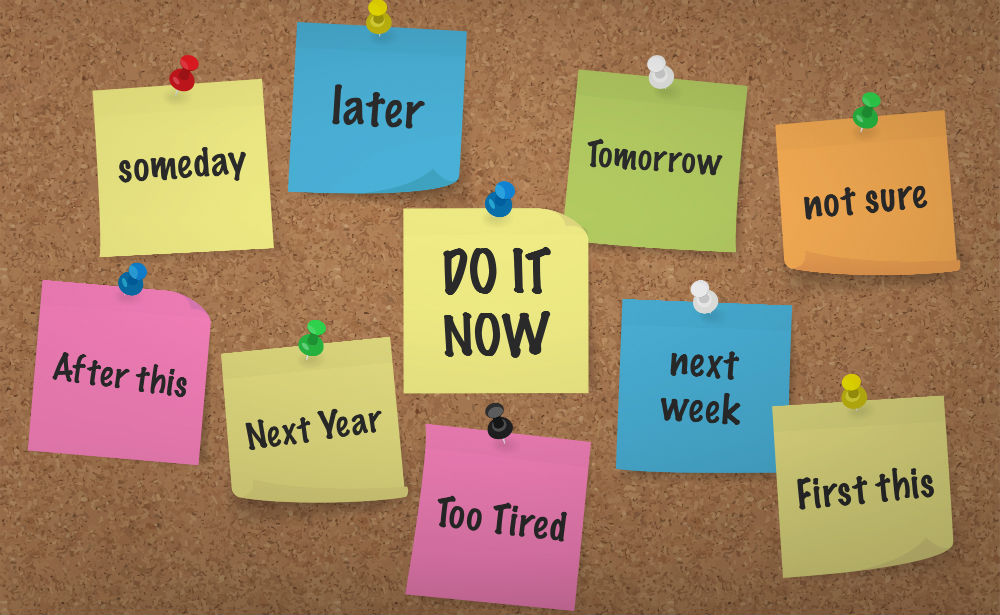Written by Jemima Cheriyan Mathew | Reviewed By John Victor | Updated On September 4, 2022

Listen to this article in Audio
We all need sleep, even if it’s for 30 minutes, we all need sleep.
A common phrase everyone has heard at least once in their life is, ‘All work and no play makes Jack a dull boy.’ I would like to rephrase it as ‘All work and no rest/sleep makes Jack a dull boy.’
When we are babies we sleep for longer compared to when we are adults. As we grow older, the amount of sleep required by our body to remain healthy changes and only reduces as we grow. But, it never reduces below 7 hours. So we can safely say that the minimum amount of time we need to sleep in a day is 7 hours.
The ideal amount of sleep time needed by a person according to their age is as follows:
Newborns (0-3 months): 14 to 17 hours
Infants (4-11 months): 12 to 15 hours
Toddlers (1-2 years): 11-14 hours
Preschoolers (3-5 years): 10-13 hours
School-aged children (6-13 years): 9 to 11 hours
Teenagers (14-17 years): 8 to 10 hours
Young adults (18-25 years): 7 to 9 hours
Adults (26-64 years): 7 to 9 hours
Senior citizens (65 and above): 7 to 8 hours*
Our gender has a role to play as a factor when we take sleep patterns into account. Women sleep more than men and are lighter sleepers when compared to men. Our sleep position also affects our sleep. The healthiest option among the various sleep positions has been shown to be when we sleep on our backs.
Our mental health is another factor that affects sleep patterns. If we have been stressing out over our future or our jobs, we will not be able to sleep for the required amount of time. We end up losing sleep most of the time when we are older due to stress faced in our daily life.
Sleep disorders such as sleep apnea, insomnia cause disturbance in our sleep schedule. They cause us to sleep more than required or less than required. Too much of anything is a danger after all. Depression, snoring, substance abuse, all-cause disturbances in our sleep schedule.
Our lifestyle in the present world is one in which we stay up later than required thanks to the miracles of science by Thomas Alva Edison known as the light bulb. Our screen time usage i.e. the amount of time we spent in front of our PCs or laptops or mobile phones before going to sleep causes disturbances in our sleep as well. Studies have found out that when we spend time before the PC or laptop or mobile before sleeping, we are confusing our brain into believing that it is still time to stay awake and hence disturb the circadian rhythm. It has been recommended to use the night light setting if it is absolutely necessary to use the PC or laptop or mobile before sleeping.
Few sleep practices can be followed in order to gain or attain proper sleep for the proper amount of time required by our body. Maintaining a sleep diary is very beneficial to proper sleep. Sleep every day at the same time and wake up at the same time every day. Do not spend time in front of any screen; be it a PC screen or a laptop screen or a mobile screen; for at least an hour before going to sleep (it helps the body to adjust to the fact that the body is going to rest mode soon). Studies have shown that maintaining the temperature in the room between 60 and 67 degrees Fahrenheit helps in getting sleep as our body prepares to sleep by decreasing body temperatures and the above-mentioned temperatures help facilitate this. Taking a bath, listening to relaxing music, or reading a light book before sleeping helps to relax in order to prepare our body to sleep.
I would like to conclude by quoting Benjamin Franklin, “ Early to bed and early to rise makes a man healthy, wealthy, and wise.”
*https://www.everydayhealth.com/sleep/101/how-much-sleep-do-you-need.aspx

Anxiety-Trauma-OCD
To do or Not to do - How To Deal With Procrastination ?
Anxiety-Trauma-OCD
Sleep: The Best MeditationJemima Cheriyan Mathew is an aspiring psychologist.
She is a Graduate in Psychology and currently pursuing her Masters in Clinical Psychology.
She believes that it is important for a person to be comfortable when vulnerable with their feelings.
It is no sin to be vulnerable.